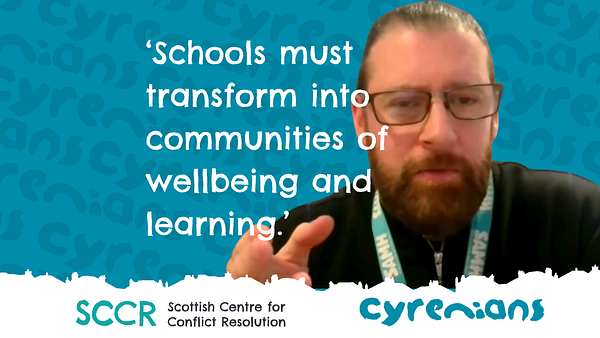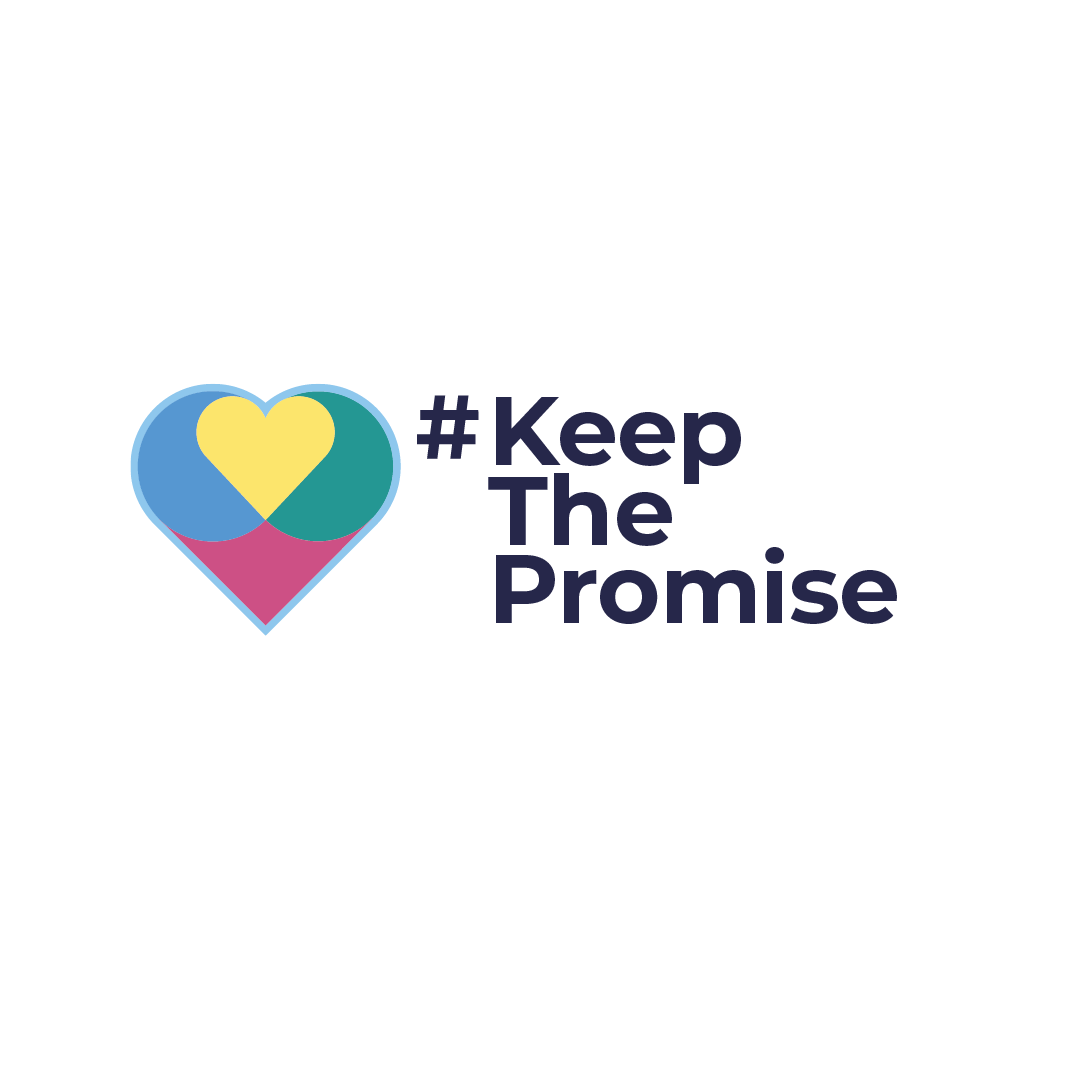Status Quo or Status No: Rethinking Mental Health in Education
Insights from Bill Burke of SAMH at the SCCR Online Conference

Former headteacher Billy Burke, now working for SAMH (Scottish Action for Mental Health), recently delivered, as part of SCCR’s online conference, a powerful and timely presentation on the increase in mental health difficulties among children and young people. With rising concerns and urgent challenges, his message was clear: mental health must be a central focus in education and society. Here are the key takeaways.
Understanding Mental Health
Mental health isn’t something only a few people struggle with—it’s something we all have. Just like physical health, it exists on a spectrum and can fluctuate depending on what’s happening in our lives. Billy reminded us that facing challenges to our mental health is a normal part of the human experience. Changes in mental health are often our body and mind's natural response to stress or pressure. When our mental health is good, we’re more resilient and capable of handling life's demands. But when it's poor, even simple tasks can feel overwhelming.
What Young People Need to Thrive
Billy laid out a broad, yet essential framework for what young people need to stay mentally healthy. This includes being well-fed and living comfortably, having a healthy lifestyle, strong social connections, a sense of purpose, and access to opportunities for growth and fun. Acceptance, knowledge about mental health, access to support, and regular self-care also play crucial roles. Schools have the potential to support many of these areas.
Mental Health: The Most Pressing Concern for Young People
According to Young Scot, mental health was the top concern for young people last year. And the data supports that concern. Data from 2022 showed a concerning increase in mental health difficulties among young people. The study demonstrated that younger people are more likely to report mental health conditions than older people, with the largest increase in reporting conditions being seen among the 16-24 group. Suicide is the leading cause of death for young people in Scotland. These statistics are not just numbers—they are a call to action.
Billy pointed out that many young people today don't feel the same sense of hope he did growing up. They worry about housing, job security, the future of the planet, and how AI will change the world.
Schools as Communities of Wellbeing
Schools can no longer be places where learning is the only goal. Billy emphasized that schools must transform into communities of wellbeing and learning. This shift involves recognizing mental health as a child protection issue—something that needs safeguarding just like physical health or safety. SAMH is already doing important work in this space, developing educational resources for high schools and training young people to be mental health champions. SAMH can also provide 1-1 community-based support to young people who need it, meeting young people where they are, before crises escalate.
Empowering Young People Through Change
Scotland is ahead of many countries when it comes to youth policy. It's the first in the world to embed the UN Convention on the Rights of the Child (UNCRC), and initiatives like GIRFEC (Getting It Right For Every Child) are groundbreaking. However, Billy noted that implementation still lags.
Education must not be something done to young people—it should involve them. Power needs to be more evenly distributed within the education system, and young people should have a say in the decisions that affect their lives.
Mental health is not a luxury. It is essential to our wellbeing and our ability to cope with life’s stressors. And as Billy said, protecting it must become a key driver in how we design our schools, our policies, and our communities.





